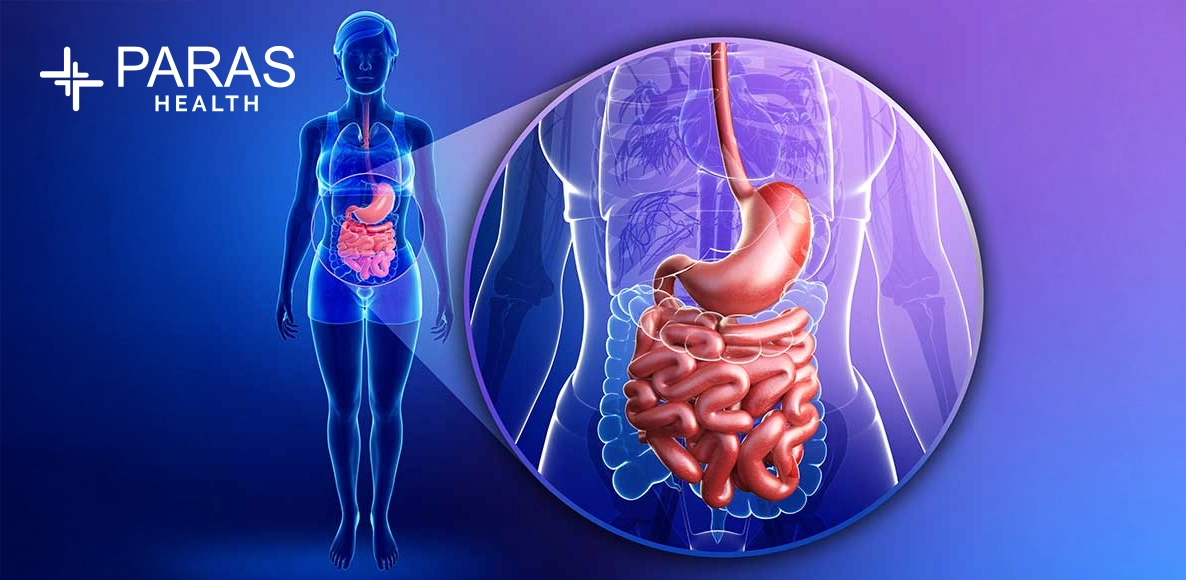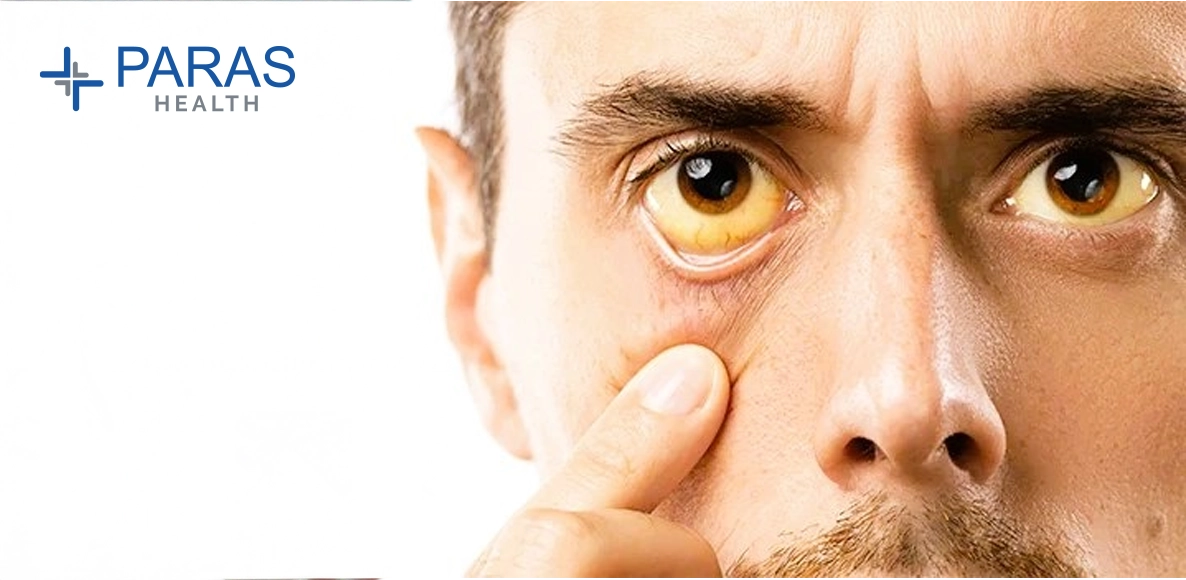What are the symptoms of Liver Disorder?
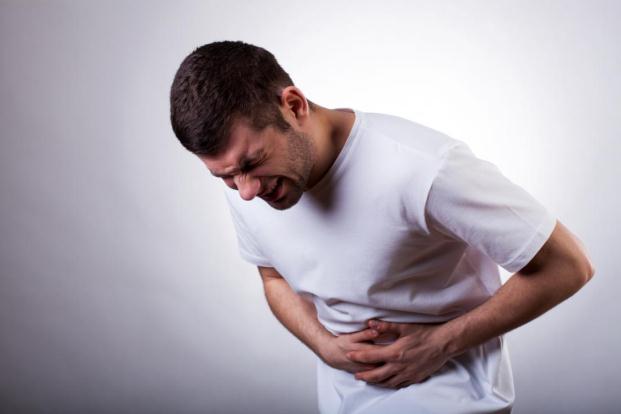
in Gastroenterology and GI Surgery
Apr 19, 2022
Liver Disease is becoming a major lifestyle ailment in India. Around 1 in every 5 Indians suffer from Fatty Liver Disease. There are few common symptoms associated with liver disease – nausea, Fatigue, vomiting, right upper quadrant abdominal pain and jaundice (skin discoloration into yellow which happens due to elevated bilirubin concentrations in the bloodstream), weakness and weight loss, to list a few. However, there are various types of liver diseases, and the symptoms are specific for that particular illness. If you feel any of the above-mentioned symptoms or any abnormality in your digestive system, it is recommended that you consult a gastroenterologist at the earliest.
Common Symptoms of Liver Disease :

- An individual with gallstones will have upper right abdominal pain and vomiting after eating a fatty meal.
- Fever is again a common symptom if the gallbladder becomes infected.
- Gilbert’s disease has generally no symptoms, and this disease is an incidental finding on a blood test where the physician may see an elevation in bilirubin levels.
- Liver Cirrhosis is a type of liver disease that will have progressive symptoms as the liver fails. Some symptoms can occur due to the inability of the liver to metabolize the body’s waste products. Some individual’s body may reflect the failure of the liver to manufacture proteins required for body function and may affect blood clotting function, brain functions etc. Symptoms of cirrhosis of the liver include:
- Easy bruising due to decreased production of clotting factors
- Bile salts deposition in the skin causing itching
- Increase in breasts size in men may occur because of sex hormones imbalance; specifically, an increase in a hormone called estradiol
- Erectile dysfunction and testicle shrinking are due to decrease in function of sex hormones
- Confusion and lethargy call also happen if ammonia levels rise in the bloodstream (ammonia is a waste product which is formed from the protein metabolism and requires normal liver cells to remove it from the body), fluid accumulation within the abdominal cavity occurs because of decreased protein production
- Muscle wasting may occur because of reduced protein production.
- In addition to these symptoms, there is an increased pressure when there is a cirrhotic liver which affects blood flow to the liver. Increased pressure in the vein causes blood flow to the liver to slow down and swelling of blood vessels occurs. Swollen veins form in the stomach and esophagus and are at a high risk for bleeding.

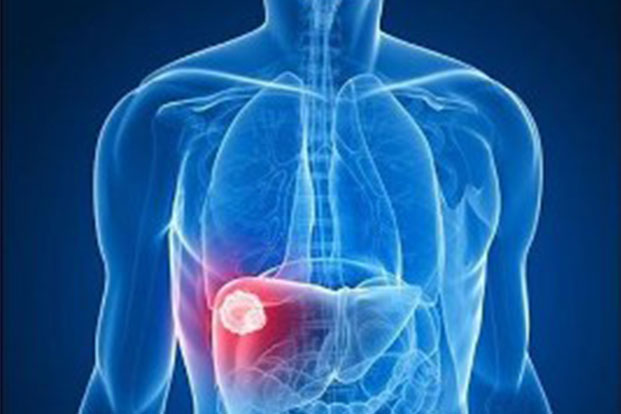
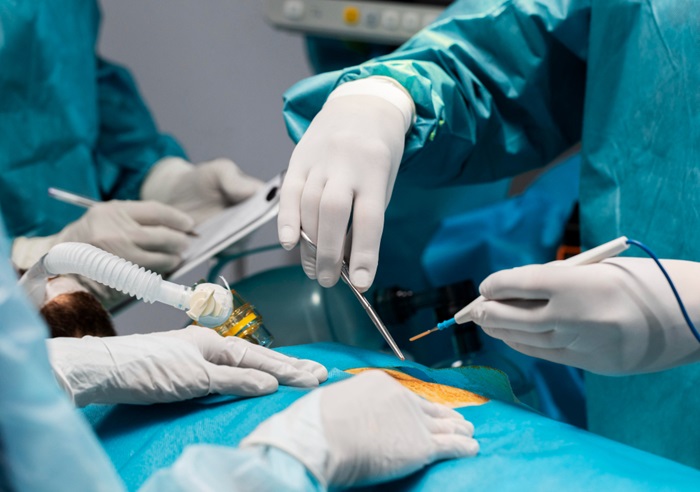
.png)
.jpg)

